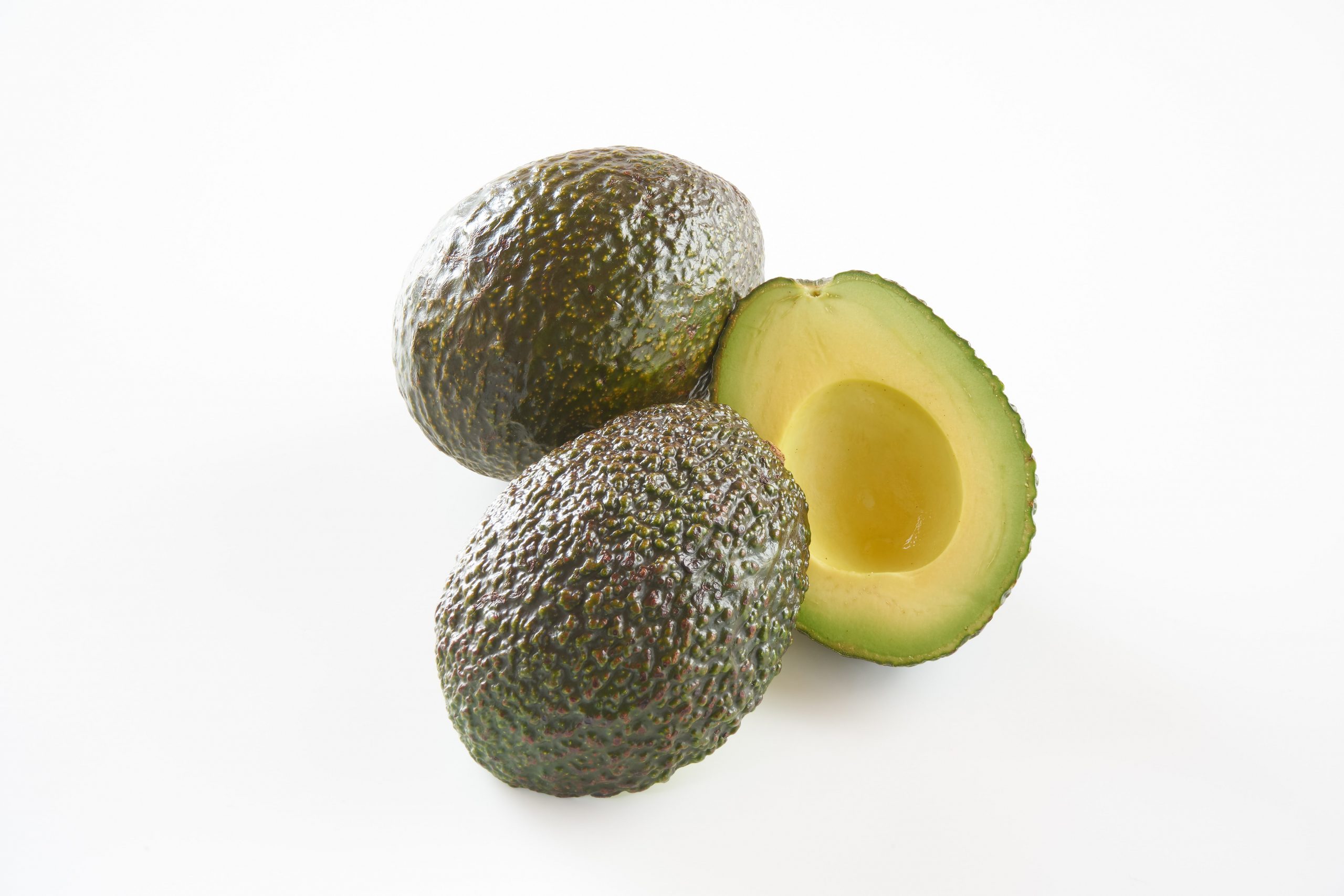Avocado is one of the fruits used as a staple in many households all around the world. Avocado is packed with lots of calories and nutrients.
The human body is always in constant need of calories. Depriving yourself of calories will call for deteriorating health and a weak body. Calories are essential since they help pump energy into your body. Avocados are;thus, important to be included in your diet. They come in varied sizes, tastes, and skin colors when ripe. Many people take avocados raw, others blend it with other fruits and some even take the extract of the avocado seed. Irrespective of how you decide to take this fruit, avocado will still offer packed nutrients and calories. They will also benefit you with other health benefits you will learn herein.
1. Avocado Is Highly Nutritious
The fruit of avocado comes from a tree that is botanically known as Persea Americana. This fruit has long been known to be the richest source of guacamole. Apart from guacamole, avocado is valued for its provision of a range of nutrients and due to its incredible flavor and texture, it is incorporated into various dishes.Avocado has climbed the ladder and it is nowadays considered one of the superfoods due to its health properties that come along with its nutrients. For this fact, individuals who are conscious of their health are increasingly including avocado in their routine diet.
The nutritional value of this fruit is sort of shocking. Avocado is packed with a variety of nutrients with up to 20 different types of vitamins and minerals.
According to the nutritional database from Self NutritionData, a single serving of 100 grams of avocado contains up to 26% of the daily recommended value (DRV) of vitamin K, 20% of the DRV of folate, 17% of the DRV of vitamin C, 14% of the DRV of potassium, 14% of the DRV of vitamin B5, 13% of the DRV of vitamin B6, and 10% of the DRV of vitamin E.
Similarly, avocado contains a considerable amount of copper, zinc, iron, magnesium, manganese, phosphorus, vitamin A, vitamin B1 (thiamine), vitamin B2 (riboflavin), and vitamin B3 (niacin). The same 100 g of avocado comes with 2 g of proteins, 160 calories, and 15 g of heart-friendly fats. Avocado is also low in carb, containing 9 g of carb with only 2 g of these being net carb and the remaining 7 g are fiber. Published studies have also shown that avocados are free of cholesterols and sodium. Nonetheless, these fruits are also low in saturated fat.
2. Avocados Are a Rich Source of Potassium
According to one published study by the FaseBj, many people do not get enough potassium in their daily and routine diet. Amazingly, potassium has been shown to potentiate electrical conduction in the cells of your body as well as fulfill other vital functions. According to Self NutritionData’s database, 100g serving of avocado boasts 14% of the daily recommended value of potassium. This is far beyond what banana can provide at only 10% of the daily recommended value of potassium. Studies by the National Center for Biotechnology Information have shown that a high intake of potassium can help lower the risk of heart attacks, kidney failure, and strokes by reducing and maintaining blood pressure.
3. Powerful Antioxidants are Packed in Avocado
Published studies have shown that antioxidants in avocado are so strong that they can help protect your eyes. It is believed that avocados are also good at promoting the absorption of antioxidants from other foods. The antioxidants found in avocado include zeaxanthin and the carotenoids lutein and according to a study published in Science Direct, these antioxidants are important for the health of your eyes. Studies by the National Institute of Health have shown that common eye problems related to aging such as cataracts and macular degeneration can be reduced by these antioxidants. It is; thus, important to include avocado in your diet for a long time for good eye health.
4. Avocado May Benefit Your Heart
Avocados are packed with lots of monounsaturated fatty acids which are friendly to the heart. Out of the total calorie content in avocado, 77% of these are fats. This makes avocado one of the plant foods highly rich in fats.Avocados specifically contain oleic acid, a type of monounsaturated fatty acid, and is majorly a component of olive oil, which is believed to possess some healthy properties. Studies by the National Center for Biotechnology Information have shown that oleic acid can reduce inflammation and impact genes associated with cancer.
5. Avocados Are Highly Loaded with Fiber
Fiber is a part of the dietary component with great value to the human body. Fiber helps add bulk to your stool and acts as a probiotic for gut bacteria. This way your digestive system is protected from disease and also kept free of constipation.Including avocado in your diet can help promote your digestive health. Published studies have shown that they are relatively rich in fiber. One particular human study by the National Center for Biotechnology Information found that fiber in avocado can help impact weight loss, reduce the risk of chronic diseases, and lower increased blood sugar levels.A single serving of 100 g of an avocado provides up to 27% of the daily recommended value of fiber which is about 7 grams. Out of this, 25% is soluble fiber while 75% is insoluble fiber.
6. Incorporating Avocado in Your Diet Can Help Reduce the Levels of Triglycerides and Cholesterols
One of the leading causes of fatalities in the world is heart disease. Blood makers such as increased cholesterol, triglycerides, and blood pressure are associated with heart disease.Published studies have shown that eating avocados can help reduces cholesterol levels, and reduce the levels of triglycerides in the blood.
Conclusion
Avocado is an incredibly nutritious fruit and is packed with lots of beneficial nutrients. Apart from containing 160 calories, avocado is rich in heart-friendly fats, vitamins, minerals, and antioxidants.
- Chickpeas vs. Garbanzo Beans: What’s the Difference? - April 19, 2024
- How to Manage or Improve Anxiety - September 21, 2023
- The birth of a company - July 29, 2023









